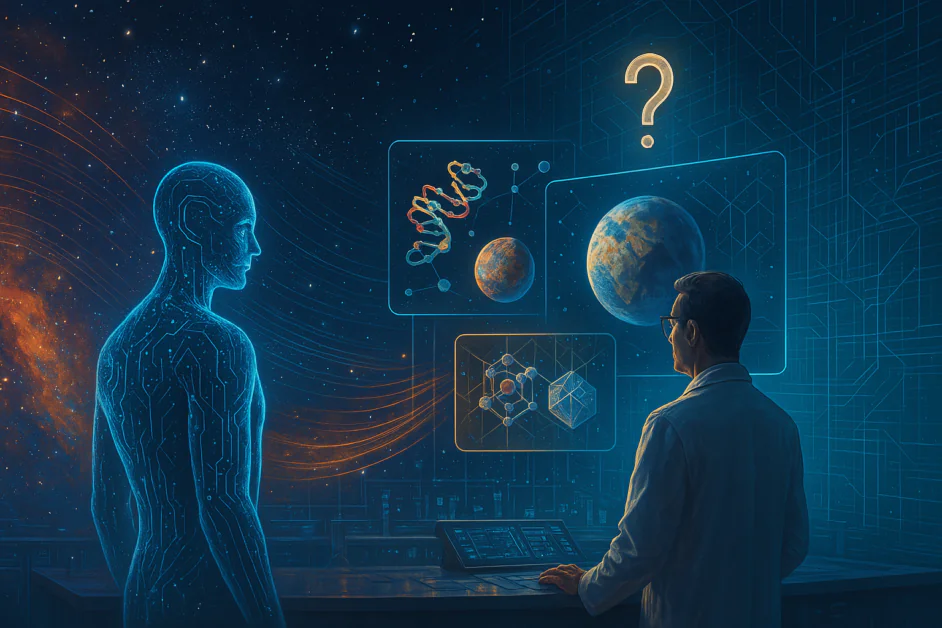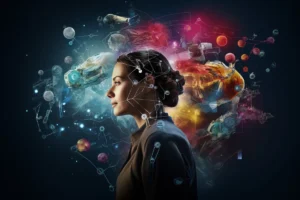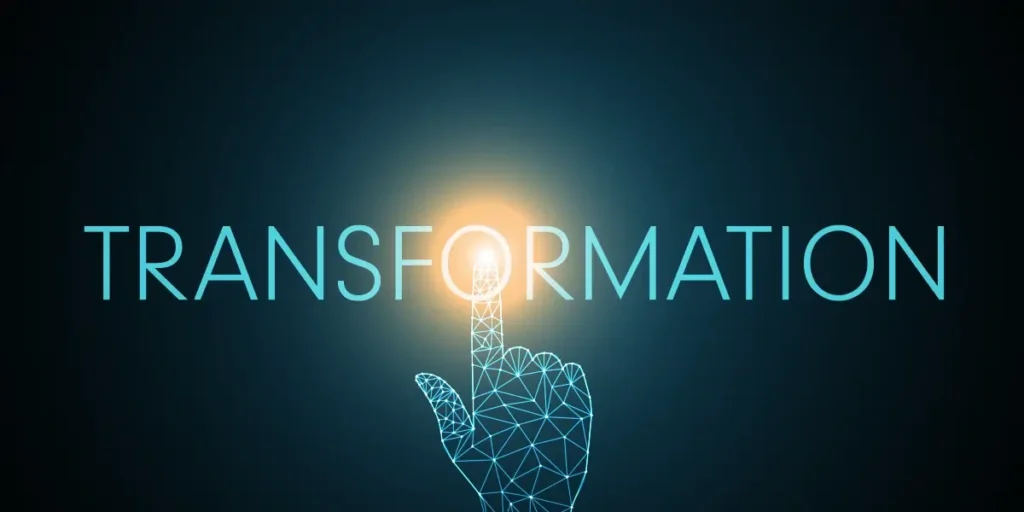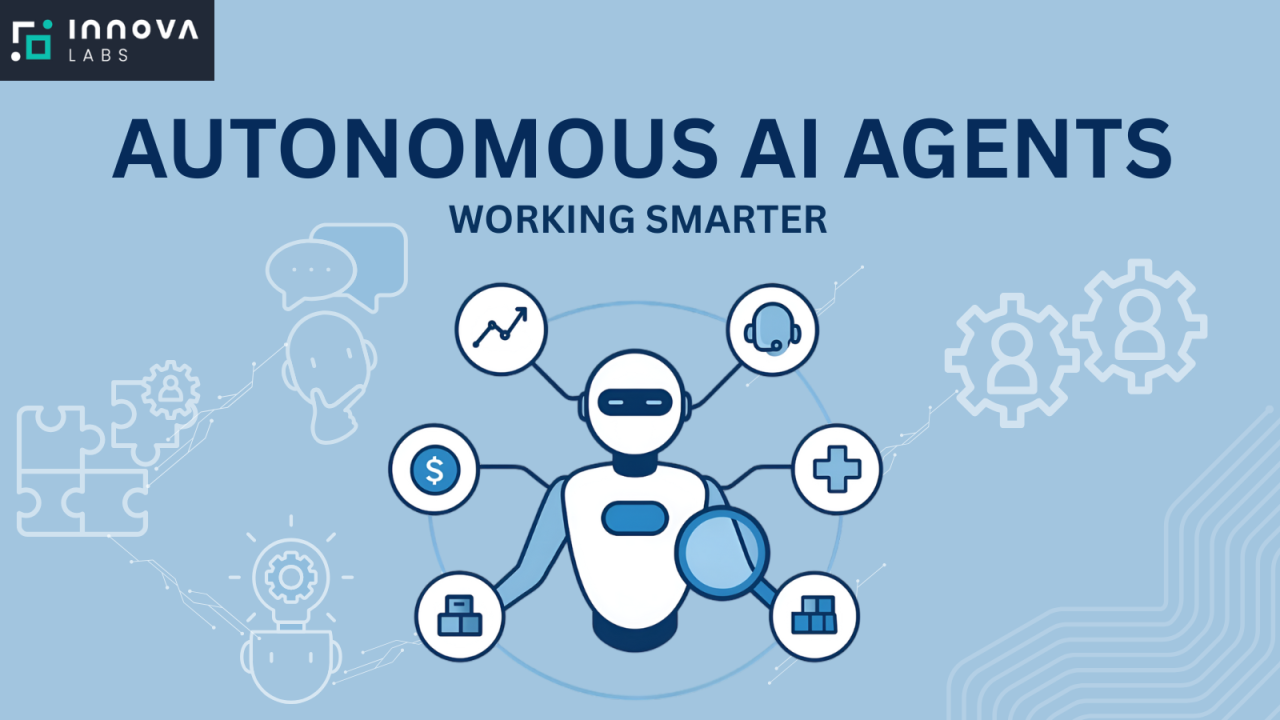AI for Scientific Discovery
Introduction
Artificial Intelligence (AI) has moved far beyond being just a tool for automation. Today, it stands at the heart of cutting-edge scientific discovery, transforming the way we conduct experiments, analyze data, and generate hypotheses. From accelerating drug discovery to mapping galaxies, AI is helping scientists make breakthroughs that would have taken decades using traditional methods. As data grows exponentially in every domain of science, AI’s ability to process vast amounts of information, recognize hidden patterns, and generate predictive models has become indispensable.
This article explores how AI is reshaping scientific discovery, its applications across disciplines, challenges, and the future possibilities it unlocks for humanity.
The Evolution of AI in Science
Scientific discovery has always been driven by curiosity, observation, and experimentation. However, modern research often involves datasets that are too massive for humans to analyze alone. For instance, the Large Hadron Collider generates petabytes of particle collision data every year, and genomic sequencing projects map billions of DNA bases. Handling such complexity requires computational intelligence.
The evolution of AI in science can be divided into three stages:
-
Automation of Repetitive Tasks – Early AI systems helped automate data collection, imaging, and simple analysis.
-
Pattern Recognition – Machine learning algorithms began identifying correlations in datasets, helping scientists classify results faster.
-
Hypothesis Generation and Autonomous Discovery – Modern AI systems like deep learning and reinforcement learning now suggest new theories, design experiments, and even guide robotic laboratories.
This transition reflects how AI has shifted from being a supportive tool to becoming an active collaborator in the scientific method.
Applications of AI in Scientific Discovery
1. Drug Discovery and Medicine
One of the most impactful applications of AI is in pharmaceutical research. Traditionally, drug discovery took over a decade and billions of dollars. AI is shortening this process by:
-
Predicting molecular interactions with high accuracy.
-
Screening millions of compounds within days.
-
Identifying potential drug candidates through generative AI models.
For example, DeepMind’s AlphaFold revolutionized biology by predicting the 3D structures of proteins with remarkable accuracy—something that puzzled scientists for over 50 years. This breakthrough has opened new pathways for understanding diseases and designing life-saving drugs.
2. Materials Science
Discovering new materials traditionally required years of trial and error. AI has changed this by simulating molecular behaviors and predicting material properties. Researchers now use AI to:
-
Identify new superconductors and semiconductors.
-
Optimize materials for clean energy storage.
-
Develop lightweight, durable materials for aerospace.
Google’s AI-based tools have been used to predict the stability of thousands of crystal structures, accelerating innovation in nanotechnology and green energy.
3. Climate Science and Environmental Research
AI is playing a critical role in addressing climate change. Complex climate models require massive computational power, but AI enables faster simulations and real-time predictions. Its applications include:
-
Forecasting extreme weather events with higher accuracy.
-
Monitoring deforestation and ocean health using satellite imagery.
-
Modeling carbon capture processes and renewable energy systems.
For example, AI-driven projects are helping scientists optimize wind turbine placements and improve solar energy efficiency, advancing global sustainability efforts.
4. Astronomy and Space Exploration
The universe is vast, and so is the data collected from telescopes and satellites. AI helps astronomers process and interpret these massive datasets. Its applications include:
-
Detecting new exoplanets by analyzing telescope data.
-
Identifying gravitational waves and cosmic phenomena.
-
Classifying galaxies and mapping dark matter distribution.
AI has already contributed to the discovery of Earth-like exoplanets and could be pivotal in analyzing signals for extraterrestrial life.
5. Physics and Chemistry
In fields like high-energy physics and quantum mechanics, AI accelerates simulations that would otherwise take years. For example:
-
Particle physicists use AI to filter through trillions of collision events at CERN.
-
Chemists employ AI to predict chemical reactions and molecular stability.
-
Quantum computing research integrates AI to design algorithms for solving unsolved equations.
Such advancements are pushing the boundaries of our fundamental understanding of the universe.
6. Robotics and Automated Laboratories
AI-powered robotics are redefining how experiments are conducted. Autonomous laboratories, sometimes called self-driving labs, use AI to design, run, and refine experiments without human intervention.
For instance, robotic systems guided by reinforcement learning can test thousands of chemical combinations, learning from outcomes in real time. This automation not only accelerates discovery but also reduces human error.
Benefits of AI in Scientific Discovery
-
Speed and Efficiency – AI can analyze datasets millions of times faster than humans.
-
Cost Reduction – Automated analysis reduces the need for repetitive trials and expensive experiments.
-
Exploration Beyond Human Limits – AI can simulate scenarios impossible for humans, such as modeling multiple universes in astrophysics.
-
Collaboration Across Disciplines – AI serves as a bridge, integrating knowledge from biology, physics, and computer science.
These benefits make AI an indispensable partner in tackling humanity’s most pressing scientific challenges.
Challenges in AI-Driven Discovery
Despite its potential, AI in science comes with challenges:
-
Bias in Data – If the training data is flawed, AI may produce misleading results.
-
Interpretability – Many AI models, especially deep learning, act as “black boxes,” making it difficult for scientists to understand why certain predictions were made.
-
Dependence on High-Quality Data – Scientific accuracy requires robust, clean datasets, which are not always available.
-
Ethical Concerns – Using AI in sensitive areas like genetic modification or climate engineering raises ethical dilemmas.
-
Overreliance on AI – While AI accelerates discovery, human intuition and creativity remain irreplaceable.
Overcoming these challenges will be crucial to ensure AI complements, rather than replaces, human-driven science.
Case Studies
Case 1: AlphaFold and Protein Structure Prediction
DeepMind’s AlphaFold solved a decades-old challenge by predicting the shapes of proteins, critical for understanding biology at the molecular level. This discovery is already being applied in designing treatments for cancer and rare diseases.
Case 2: AI in COVID-19 Research
During the pandemic, AI helped researchers analyze virus mutations, predict outbreak hotspots, and accelerate vaccine development. Without AI, such rapid progress would have been impossible.
Case 3: Kepler Telescope and Exoplanet Discovery
NASA used AI to reanalyze Kepler Telescope data, leading to the discovery of new exoplanets missed in earlier analyses. This highlights how AI can extract hidden insights from existing data.
The Future of AI in Scientific Discovery
The next phase of AI integration will go beyond data analysis into true autonomous scientific reasoning. Some future possibilities include:
-
AI-Generated Theories – AI could propose entirely new scientific laws by analyzing patterns beyond human perception.
-
Global Scientific Collaboration – AI-driven platforms will enable seamless collaboration across labs worldwide, creating a unified “scientific brain.”
-
Personalized Science – AI may tailor discoveries, such as personalized medicine or climate adaptation strategies, to individual needs or local environments.
-
Quantum-AI Synergy – Combining quantum computing with AI will exponentially increase computational power, opening doors to previously unsolvable problems.
-
AI in Space Colonization – Future missions to Mars or beyond may rely on AI to design habitats, grow food, and sustain human life in alien environments.
If these advancements unfold, AI could help humanity unlock mysteries of consciousness, the universe, and even the origins of life itself.
Ethical and Philosophical Implications
The rise of AI in scientific discovery also raises profound philosophical questions:
-
Should AI be credited as a “co-discoverer” in scientific papers?
-
How do we ensure discoveries made by AI align with ethical guidelines?
-
Could AI eventually surpass human scientists in creativity and innovation?
These debates highlight the need for responsible AI governance in research, ensuring transparency, accountability, and inclusivity in how discoveries are made and applied.
Conclusion
AI has become more than a tool—it is now a scientific partner. From decoding proteins to exploring galaxies, AI is accelerating discoveries that reshape our understanding of the world. While challenges such as bias, interpretability, and ethical concerns remain, the benefits far outweigh the risks.
As we step into the future, AI may help answer humanity’s most profound questions: What is life? How did the universe begin? Can we cure all diseases?
In many ways, AI is not just advancing scientific discovery—it is redefining what it means to discover.
Climate and Eco-Driving AI: A Sustainable Path to Greener Mobility







